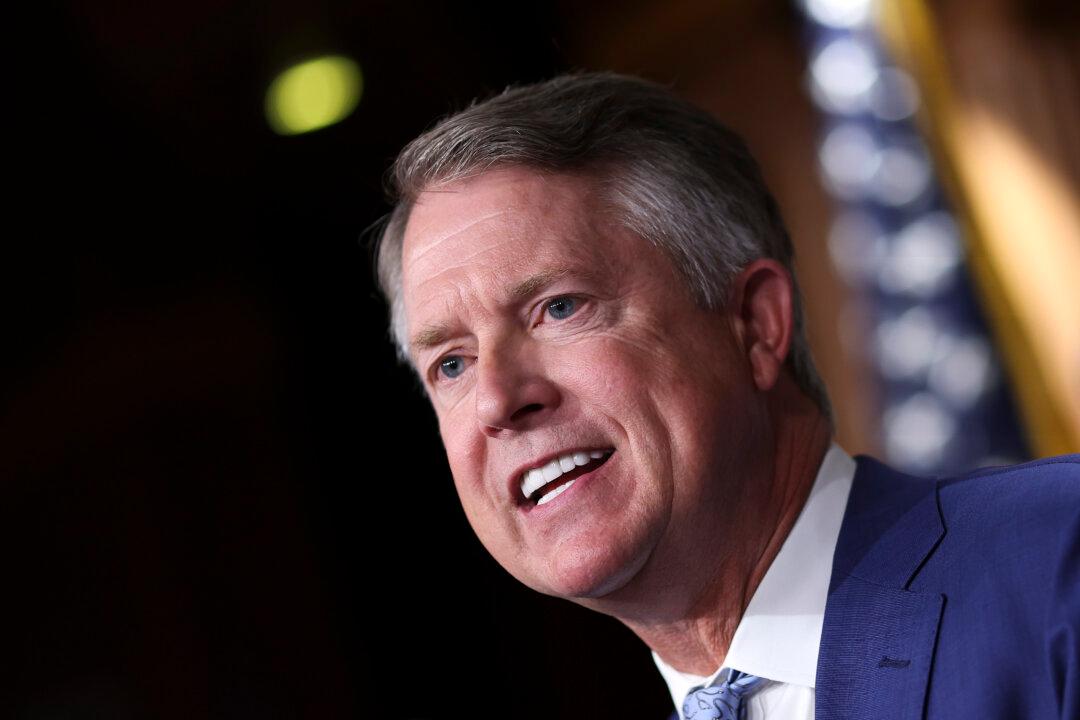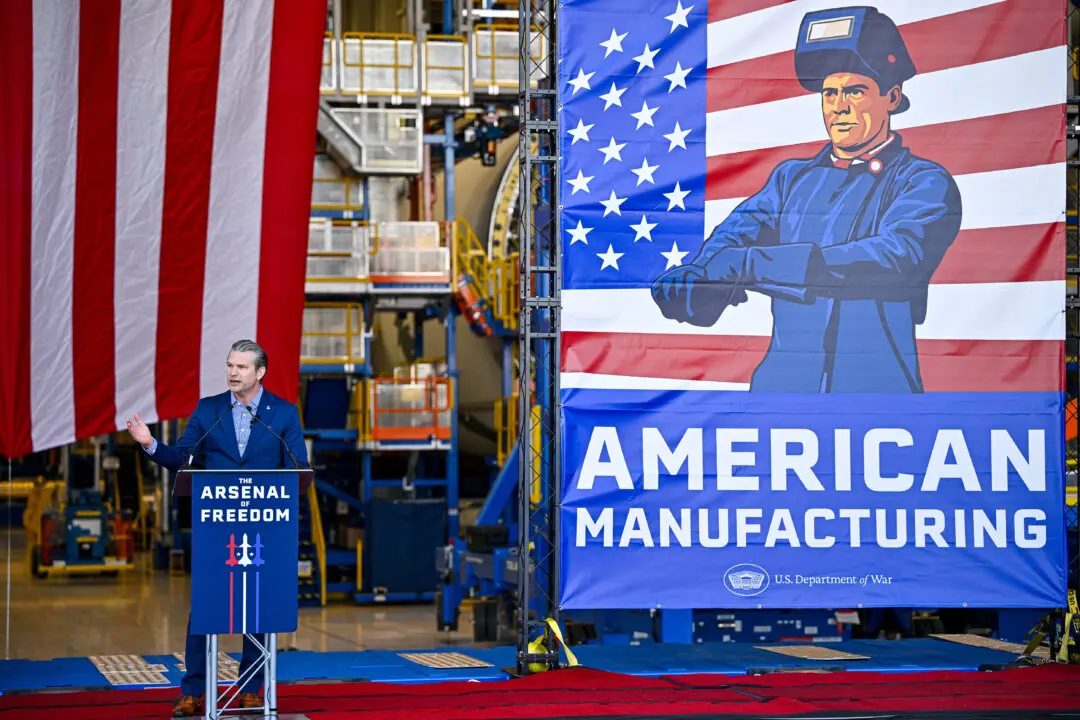Recent statements from the U.S. Surgeon General suggest that social media websites could be regulated in the same way as cigarette packaging, vape cartridges, and alcohol bottles.
Instagram, Facebook, Twitter, TikTok, and other social media platforms face growing criticism from politicians and health officials over the mounting mental wellness issues being blamed on exposure to their content.





